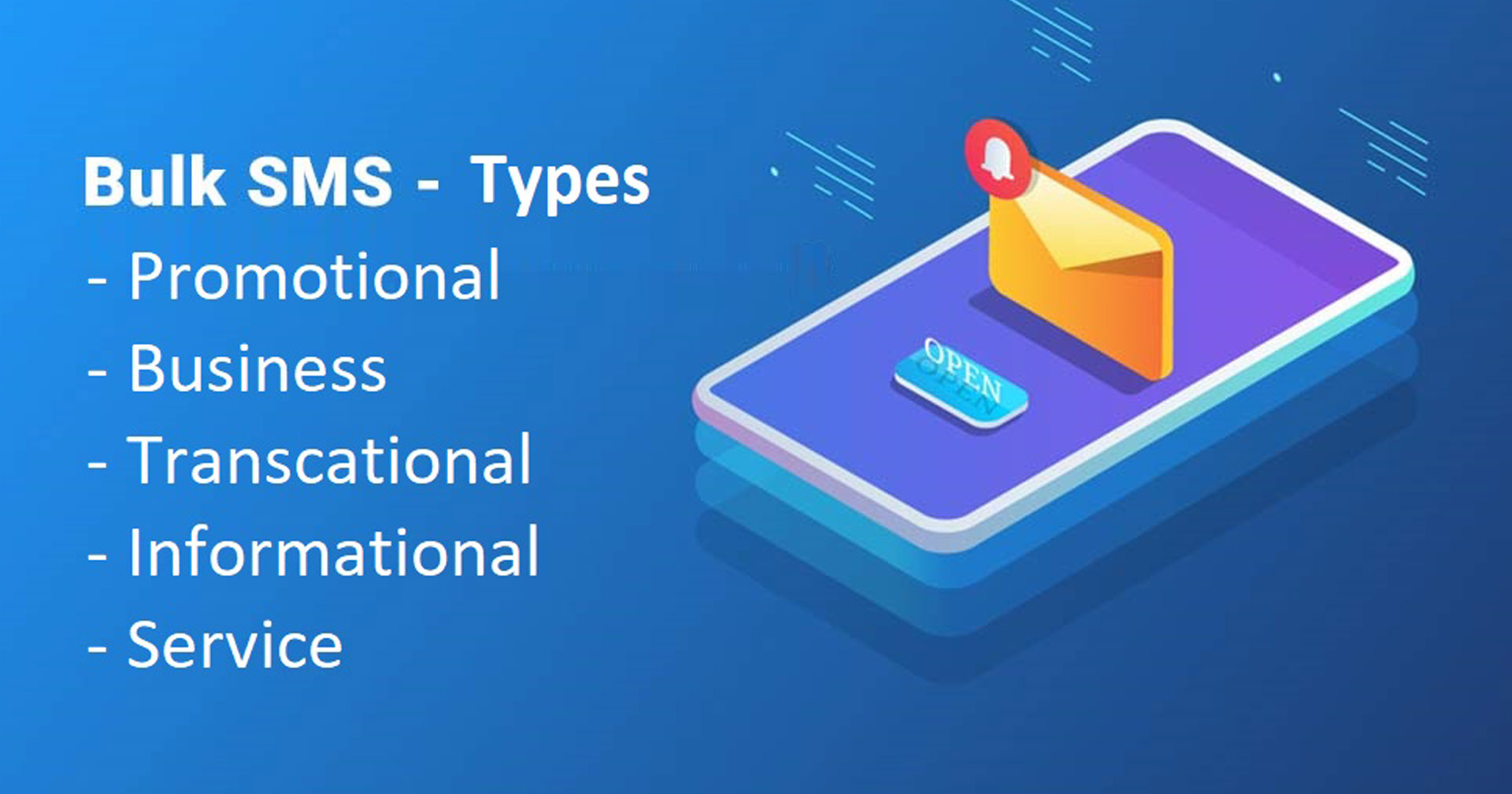
SMS marketing, also known as text message marketing, is a marketing strategy that involves sending promotional or informational messages to customers or prospects via SMS (Short Message Service) or text messages. It is a direct and efficient way to communicate with your target audience, as text messages have high open rates and are typically read within minutes of being received. SMS marketing can be used to promote products or services, deliver time-sensitive offers or discounts, provide updates or reminders, conduct surveys or polls, and engage customers through interactive campaigns.
From September 2021, the Telecom Regulatory Authority of India (TRAI) has established guidelines and rules for sending bulk SMS in India. These rules aim to regulate SMS spam, protect consumers' privacy, and ensure the proper usage of bulk SMS services. It's important to note that these rules may have been updated since then, so it's advisable to refer to the TRAI website or consult with a legal professional for the most up-to-date information. Here are some key rules that were in effect at the time:
Consent: Prior consent of the recipient is required before sending any promotional or transactional SMS. Consent can be obtained explicitly or implicitly. Explicit consent means that the recipient has provided their consent in a clear and unambiguous manner. Implicit consent can be inferred from an existing business relationship or when a person's mobile number is publicly available.
Sender ID: Bulk SMS messages must be sent using a registered sender ID. The sender ID should be alphanumeric and represent the name of the organization or brand sending the message.
Do-Not-Disturb (DND): SMS should not be sent to recipients who have registered for DND services. It is essential to check the National Customer Preference Register (NCPR) or DND registry and filter out numbers registered on the DND list.
Time Restrictions: Promotional SMS should not be sent between 9:00 PM and 9:00 AM to avoid inconveniencing recipients during late hours. However, transactional messages can be sent at any time.
Content Restrictions: Bulk SMS messages should comply with content restrictions set by TRAI. Messages should not contain objectionable, unsolicited, or misleading content. Additionally, messages should not promote illegal activities or infringe on intellectual property rights.
Opt-out Mechanism: The SMS should provide recipients with an option to unsubscribe or opt out from receiving further messages from the sender. The opt-out process should be simple and free of charge for the recipient.
Record Keeping: Senders of bulk SMS messages are required to maintain records of messages sent, including the content, time, and recipient details, for a minimum period of six months.
Please note that these rules are subject to change, and it is essential to stay updated with the latest regulations by referring to the TRAI website or seeking legal advice for compliance.
DLT (Distributed Ledger Technology) registration is a process that entities, such as telemarketers or bulk SMS providers, need to undergo to comply with the regulations set by the Telecom Regulatory Authority of India (TRAI) for sending commercial communications in India. DLT is an innovative technology used to store and verify transactional data securely.
DLT registration involves the following steps:
Choose a DLT Platform: Select a DLT platform approved by TRAI for registration. As of my knowledge cutoff in September 2021, some approved DLT platforms in India include VILpower, Airtel IQ, and JioInteract.
Create an Account: Sign up on the chosen DLT platform by providing the required information, such as your organization's details, contact information, and business registration documents.
Submit Documents: Upload the necessary documents as per the DLT platform's requirements. These may include your organization's certificate of incorporation, PAN card, GST certificate, and authorized signatory details.
Entity Registration: Register your entity on the DLT platform. This involves providing details such as your organization's name, address, nature of business, and principal entity identification number.
Header and Template Registration: Register message headers and message templates that you intend to use for commercial communications. TRAI requires pre-approval of message headers and templates to ensure compliance with content regulations.
Consent and Preference Management: Ensure compliance with TRAI regulations related to consent and preference management. Obtain explicit consent from recipients before sending promotional messages and respect their preferences regarding receiving commercial communications.
Opt-in and Opt-out Management: Implement mechanisms to handle opt-in and opt-out requests from recipients. Maintain an up-to-date record of subscribers who have opted in or opted out to ensure compliance with Do-Not-Disturb (DND) regulations.
Message Scrubbing: Before sending messages, ensure that the recipients' numbers are scrubbed against the National Customer Preference Register (NCPR) or DND registry to filter out numbers registered on the DND list.
It's important to note that the DLT registration process and requirements may vary based on the chosen platform and any updates made by TRAI. Therefore, it's recommended to refer to the official TRAI website and consult with the respective DLT platform for the most accurate and up-to-date information regarding DLT registration.




